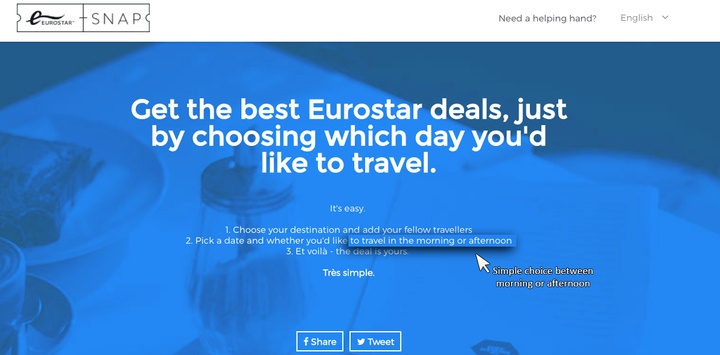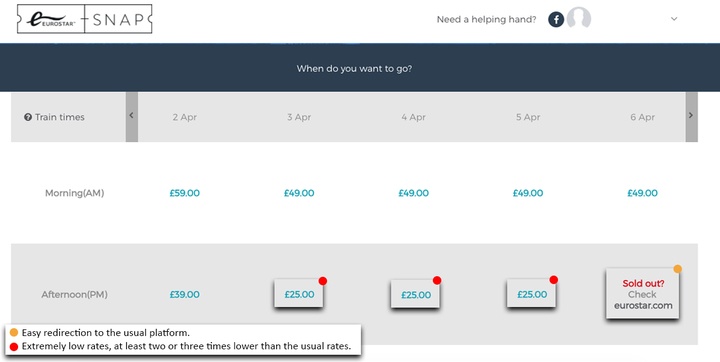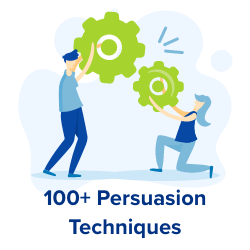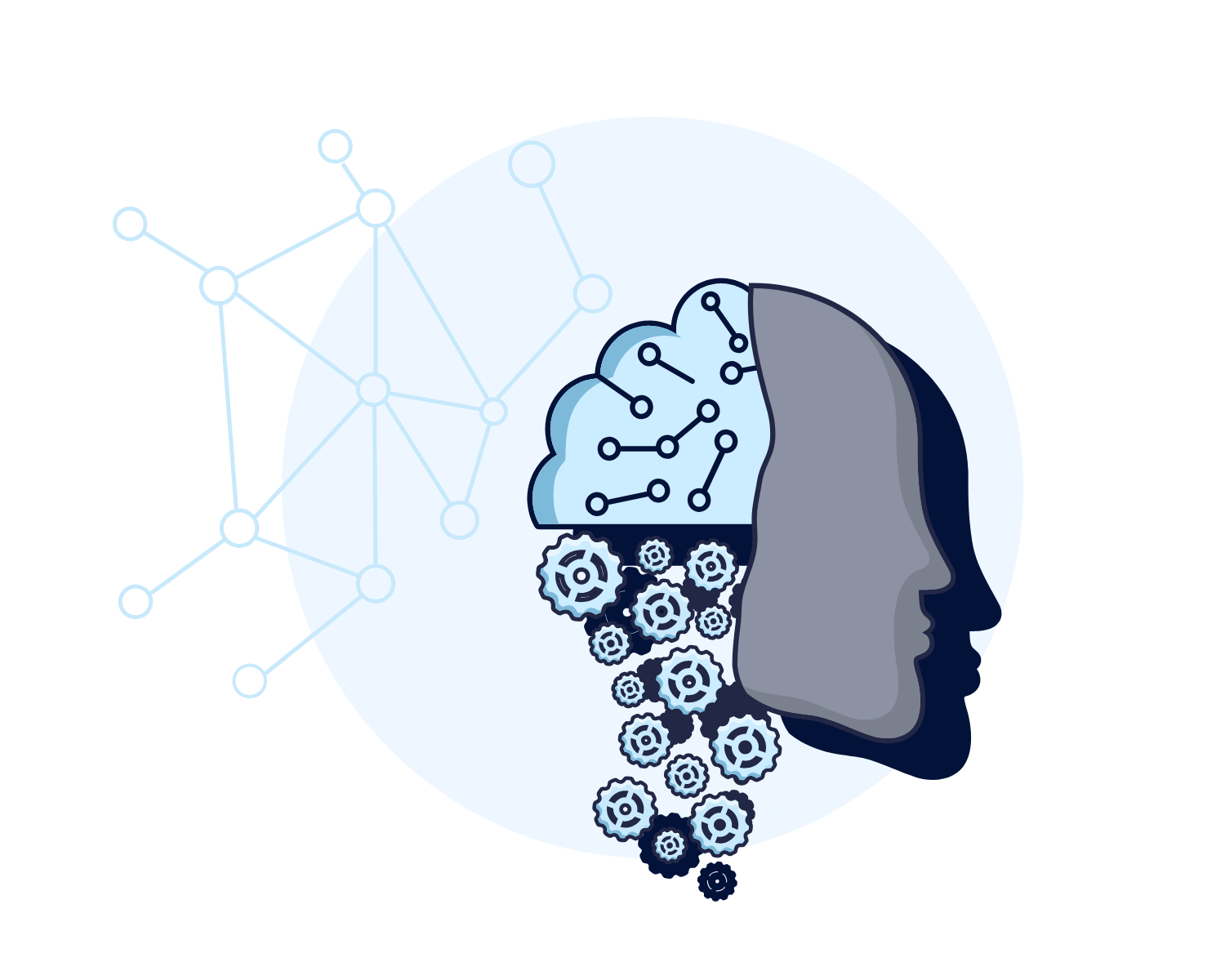Uncertainty: The secret marketing tool to optimise conversions and boost sales
We tell ourselves that we are rational shoppers. We gather as much information as we can before making a decision, and feel as though our choices were reasonable. That’s why it’s such a paradox to discover that we’re in fact extremely influenced by the Motivating Uncertainty Effect, which can lead to “inexplicable” impulse buys. This cognitive bias comes into play when we’re exposed to a rewards system that introduces a degree of uncertainty as a tactic to further engage us in the conversion process.
Surprised? Read on to discover just how this cognitive bias affects our behaviour and how it is used in e-commerce marketing.
Understanding the phenomenon that is the Motivating Uncertainty Effect to optimise your website
Usually, people tend to have a pronounced aversion to risk and ambiguity (as proven by Nobel Prize winner Daniel Kahneman’s study in 1979). Yet a study conducted in 2014 (by Alice Moon and Lief Nelson) contradicts this analysis by demonstrating the powerful influence an uncertain reward system can have on people’s purchasing decisions. This is what we call the Motivating Uncertainty Effect.
In 2014, a surprising but very enlightening experiment on the phenomenon took place. A series of similar individuals were asked to drink a large quantity of water in 2 minutes. The guinea pigs were divided into two groups: group A was informed that it would receive 2 dollars in exchange for the experiment, group B was informed that it would receive either 1 or 2 dollars. The result? 70% of individuals in group B successfully completed the task compared to only 43% of individuals in group A.
So what does this mean exactly and how does it apply to the e-commerce world? Researchers have demonstrated that a system of variable rewards makes the shopping experience more exciting for the customer. This in turn increases the enthusiasm, investment and commitment shown towards the conversion process. The explanation lies in the fact that the potential customer will naturally focus first on the process (which stimulates them) rather than on the result (which is more uncertain).
How to apply this cognitive bias in marketing and e-commerce
The Motivating Uncertainty Effect has many proven applications in marketing. Most obviously, there is the approach of offering variable rewards as a successful incentive strategy and to build strong customer loyalty. Particularly online, for e-commerce, users can certainly be very incentivised to follow through on an action when it involves an uncertain or variable “reward”. This action could simply be making a direct purchase but when this effect is applied to an overall online strategy, the possibilities are endless: motivating visitors to click, leave details, share content, etc. The prospect of an uncertain reward is immediately engaging. It becomes even more so if someone thinks they might be able to get something for nothing from it, coming out on top by gaining a benefit off the back of that initial risk.
Discover how businesses are successfully making use of this tactic
The scientific evidence and commercial success validating this effect has motivated many well-known companies to make use of it to boost their sales: Airbnb and Booking.com to name just a couple. Another such company is Eurostar:
1-) Taking optimisation to its maximum, Eurostar, who run the rail link between Paris and London, recently launched a new subsidiary called Eurostar Snap. The entire business model for this is based on the Motivating Uncertainty cognitive bias. The principle is simple: are you flexible on travel times? Then simply choose a day and whether you would prefer to travel morning or afternoon.

2-) Eurostar Snap only tells you your train time 48 hours before you’re due to travel. The advantage? You pay a much lower rate. The disadvantage? You’re likely to be put on off-peak trains. This means you could end up on the first train leaving at 05:43 in the morning and find your weekend cut somewhat short when you’re placed on the 1pm return train.

3-) The Motivating Uncertainty effect is used to its full extent in this Eurostar Snap example. In this case, the uncertainty lies in the train times. Yet the mechanism remains the same: the prospect of an unexpected reward (a possible rush hour ticket on a Friday night at low cost) motivates people to take the risk and buy the ticket. In reality, Eurostar Snap users will most often be offered tickets from the less frequented trains at unsociable times, but they will continue to come back and keep trying for they are guided by the hope of the best possible reward.
4-) Even better, Eurostar Snap acts as a gateway to the main Eurostar website. So even if the user doesn’t find the right date for them on Eurostar Snap or are eventually put off by the idea of risky train times, they have already started the first step in the conversion process with the company. They may then eventually end up simply buying a regular ticket from Eurostar instead (encouraged nicely by regular direct links displayed on the site).

The Motivating Uncertainty Effect is well proven in both the scientific and business fields. Cognitive biases such as this can be a powerful marketing asset when correctly employed. At Convertize, we understand the importance of neuromarketing, optimisation and personalisation. We’ve developed over 250 persuasion tactics to help boost conversions and sales. To make your site more effective in just a few clicks, discover the Convertize tool for yourself.



